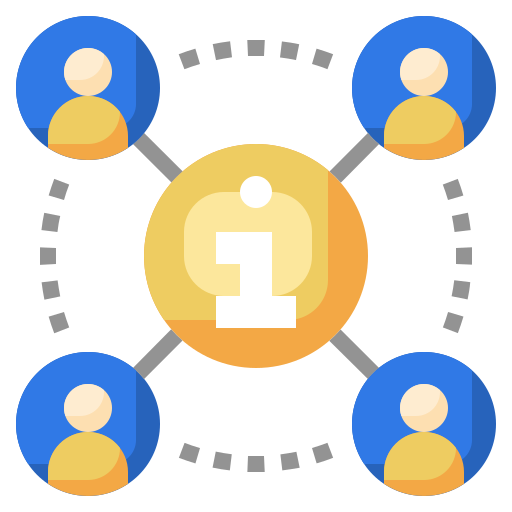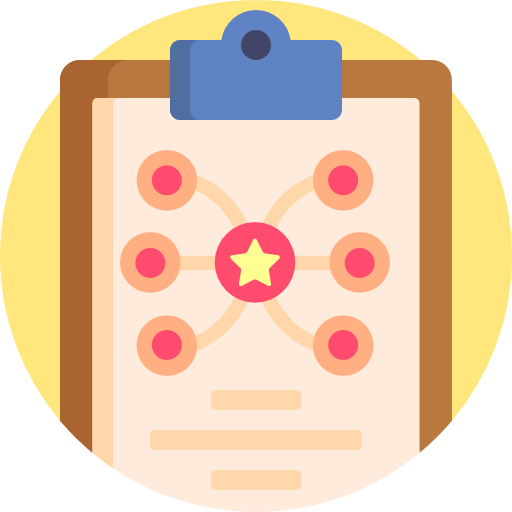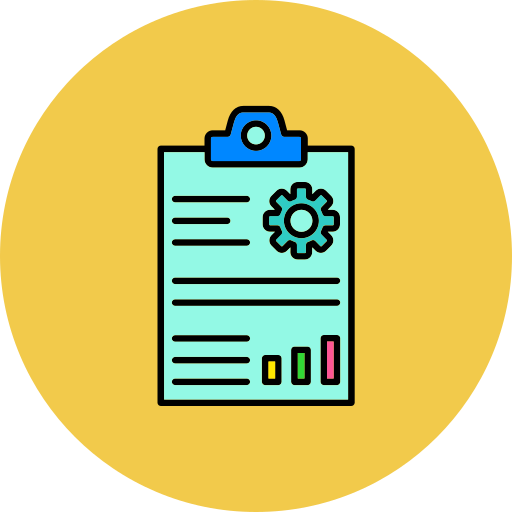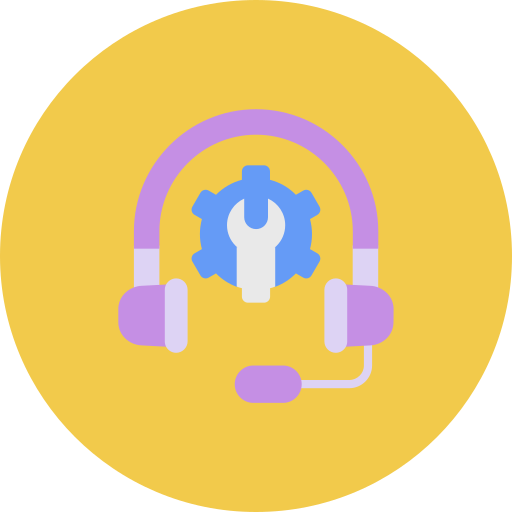Gold Standard ADHD
Assessments for children
- Home
- ADHD For Children
ADHD Services for Children
Many children and young people experience difficulties with attention, activity levels, and impulse control. Attention Deficit Hyperactivity Disorder (ADHD) is a neurodevelopmental condition that can affect concentration, organisation, and self-regulation, and often becomes noticeable in childhood.
For many families, seeking an assessment is about understanding what is happening for their child and how best to support them. A diagnosis can be a helpful first step in making sense of your child’s experiences and identifying what may support them at home, at school, and in daily life. Symptoms of ADHD usually begin before the age of 12.
Support for children with ADHD can take many forms, including small changes to routines, learning environments, and daily expectations. Where these supports do not feel sufficient, an ADHD assessment can help provide clearer understanding of your child’s individual profile and needs.
Our ADHD assessments for children are carried out in line with recognised best practice and are aligned with DSM-5 diagnostic criteria, ensuring a thorough, careful, and evidence-based approach.

We’re with you every step of the way
How our ADHD Diagnostic Assessments for children work
Our comprehensive ADHD Assessments are carried out in accordance with the National Institute for Health and Care Excellence’s (NICE) guidelines and underpinned by the latest industry best practices.
1
Information-gathering
Before the assessment takes place, we will share some pre-assessment questionnaires with you to complete. Alternatively, you may prefer for these forms to be completed by a teacher, who may have a particularly strong relationship with your child. This is absolutely fine; the main thing is that the questionnaires are completed as fully as possible. We will then use this insight to identify the most suitable assessment for your child/young person.
Please note: If there is a strong indication, we will invite you to progress to the next phase.

Step
2
assessments
At Glowing Psychology, our specialist team of psychologists carries out thorough, multi-professional assessments using recognised national guidance and evidence-based criteria. All of our assessments follow NICE guidelines and are aligned with DSM-5 diagnostic criteria.
We use a range of well-established psychological assessment tools, including Conners’ Rating Scales, the RCADS, ACE 2 and QbCheck — an objective measure of ADHD-related difficulties.
As part of every ADHD assessment, we also screen for autism and dyslexia, and consider other areas that may impact learning and daily life, such as working memory, processing speed, and executive functioning. This allows us to build a full picture of your child’s needs and provide clear, individualised recommendations for both home and school.

QbCheck is included as part of our ADHD assessments. It is a NICE-approved, computer-based assessment suitable for children, young people, and adults aged 6–60.
While questionnaires and reports from parents and schools are an important part of understanding a child or young person, these can sometimes give mixed or differing views. QbCheck provides an objective measure of attention, activity level, and impulsivity, helping to balance this information.
By combining both subjective and objective assessment tools, we can gain a clearer and more accurate understanding of ADHD-related difficulties and ensure our assessments are as thorough and reliable as possible.

Step
3
Diagnostic report
We will provide you with a written report within 4 weeks of your last assessment session with us. If possible, we will share our diagnostic outcome with you, as well as tailored recommendations based on your child’s individual circumstances. In addition to emailing the report to you, we will invite you to come in and see us for a 30 minute feedback, so that we can discuss the findings together.

Step
4
Tailored support
At Glowing Psychology, our aim is not only to help you understand your child’s or young person’s needs, but also to support you in knowing what to do next.
We take time to talk through the outcomes of any assessment, answer your questions, and help you feel clear and confident about the next steps in supporting your child. Where helpful, we can guide you towards relevant services and resources and offer ongoing support as your child’s needs develop.
Our focus is on working alongside you, so you never feel alone in navigating the journey ahead.


Contact Glowing Psychology today
Common ADHD signs
Your child may be experiencing…
The symptoms of ADHD tend to be categorised into three core areas: a person’s ability to pay attention, control their impulses and high energy levels. Typical symptoms of ADHD in children include:
Being easily distracted
Finding it difficult to listen to what people are saying or following instructions
Having high energy levels
Fidgeting or tapping their hands and feet

Book An Appointment Today
Speak to us about our ADHD Assessments for children today
If you have any queries about our ADHD Assessments for children or would like to discuss your requirements with us, complete the short form below and one of experienced, certified specialists will be in touch within 24 hours.
We're here to answer your questions
All the services we provide are charged for.
We operate as a not-for-profit independent organisation. This means you can always be assured that our fees are the lowest we can reach while maintaining the highest quality of assessment and support.
Please get in touch with the admin team for any specific queries about pricing.
No. Our clinicians can only provide a diagnosis if they believe you meet the diagnostic criteria. It would not be possible or ethical to guarantee a diagnosis. Complex histories or external factors may impact outcomes. We cannot refund fees based on diagnosis absence, as our service provides a rigorous UK best practice model assessment, not a specific diagnosis.
Yes. Our Adult Autism Assessment includes the Diagnostic Interview for Social and Communication Disorders (DISCO), conducted by an experienced psychologist or psychotherapist which is an inclusive Autism assessment tool particularly useful for assessing Autism in women and non-binary people. This is followed by an assessment by a neurodevelopmental specialist psychiatrist to ensure a comprehensive evaluation.
Yes, our clinicians are experienced in understanding masking complexities. Share information about how your child masks and their coping strategies during the assessment. Encourage your child to share how they feel with the clinicians. It is important that the clinicians have enough evidence to support a diagnosis, think about different settings that your child’s symptoms present in and share information with them.
The clinician’s must be able to evidence that the symptoms are present in a setting outside of home such as school, or an extra curricular activity. A professional in one of these settings will need to fill out pre-assessment questionnaires about your child’s symptoms and traits.
No, we don’t prescribe medication for ADHD.
